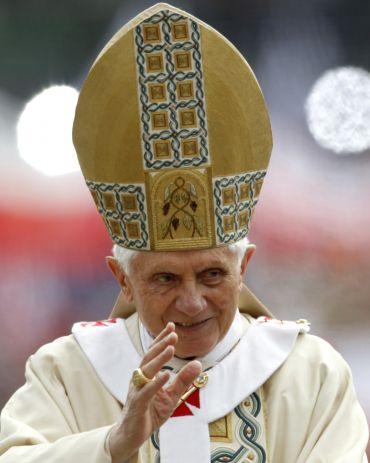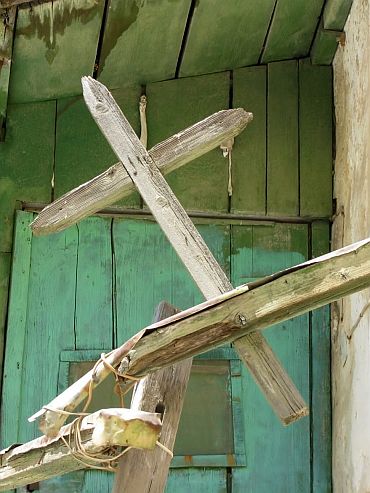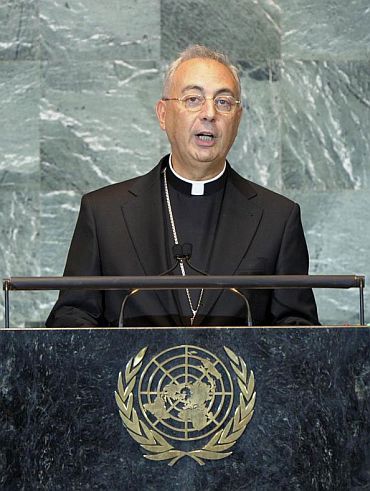Warning that Christians currently suffer more persecution because of their faith than any other religious group, the Vatican on Tuesday told the United Nations that the denial of religious freedom threatened peace and security and precluded integral human development.
"Respect for religious freedom is the fundamental path for the construction of peace, the recognition of human dignity and the safeguarding of human rights," Archbishop Dominique Mamberti, secretary for relations with States for the Holy See, which has observer status at the UN, told the General Assembly on the final day of the annual general debate.
"The particular influence of a specific religion in a nation should never imply that citizens belonging to other faiths should be discriminated against in social life or, even worse, that violence against them should be tolerated," he said.
...
Christians most persecuted in the world now: Vatican
Mamberti reiterated the Holy See's appeal to the authorities and religious leaders for the protection of religious minorities wherever they are threatened.
"Unfortunately, there were numerous situations in which religious freedom was limited or denied," he said.
"Christians suffered the most persecution worldwide because of their faith, and a joint commitment to promote the religious freedom of each individual of each religion was important, with measures for secure lives for minorities and those of all faiths and beliefs. There were countries that promoted great pluralism and tolerance but perceived religion as destabilising and marginalised. Yet, the sincere search for God had brought larger respect for the dignity of man."
The archbishop cited religious freedom among three challenges he raised, the other two being the duty of the international community to take care of its weakest members, and the prolonged global economic and financial crisis.
...
Christians most persecuted in the world now: Vatican
On the former he mentioned the victims of the drought and famine raging in the Horn of Africa, linking it with the responsibility to protect, under which the international community has the duty to intervene if states cannot or will not guarantee that protection.
He noted that the responsibility to protect was invoked in cases of conflict and warned that the use of force should be the very last resort, after all other efforts at prevention have failed.
On the financial crisis the archbishop stressed that the economy cannot only function by market self-regulation, and even less in accordance with agreements limited to reconciling the interests of the most powerful.
"It needs an ethical basis in order to function for humanity," he said, calling any other non-ethical basis "ingenuous or cynical, and always fatal."
Click on MORE to read another feature...




article